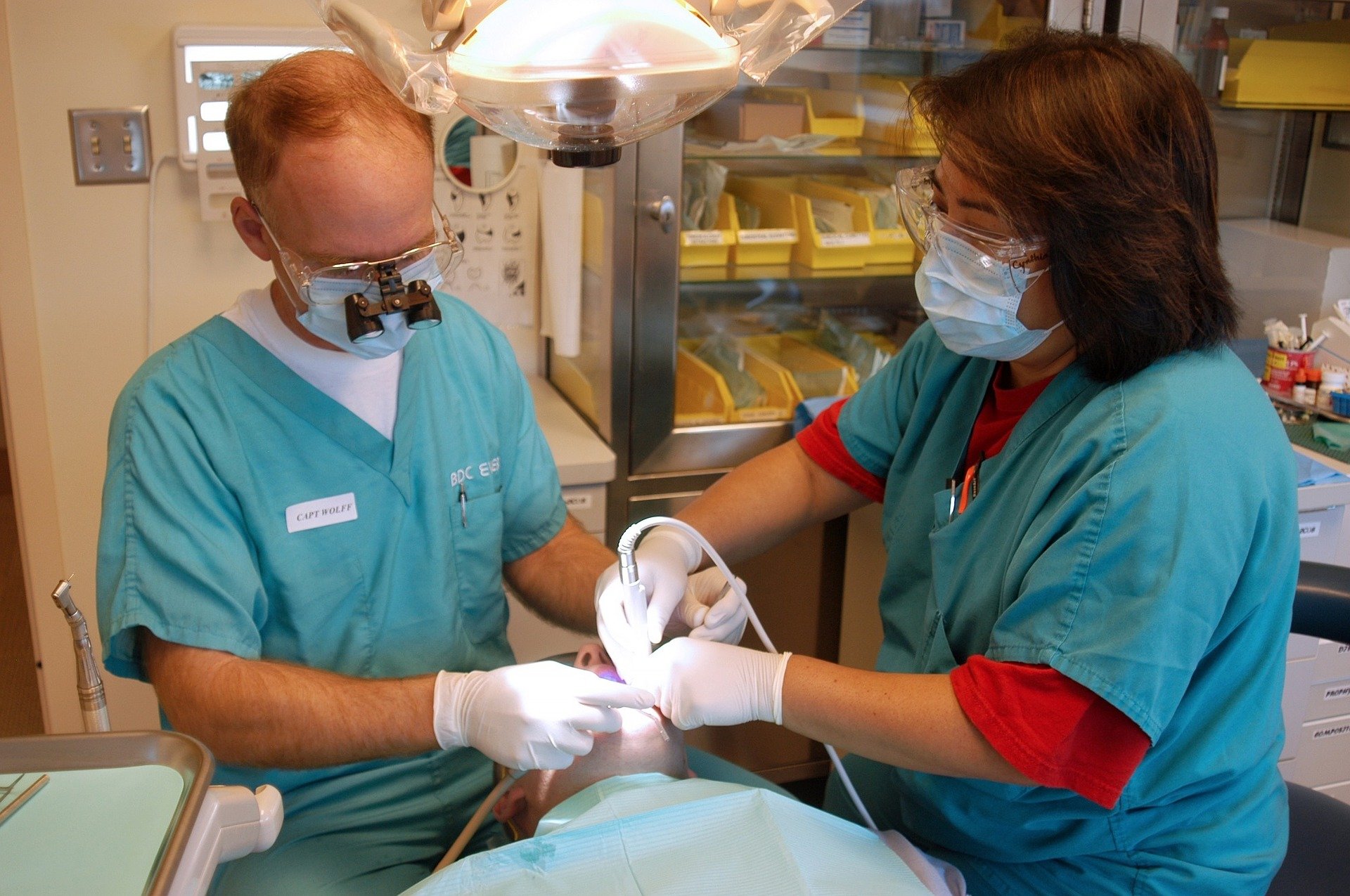Seniors: How To Get Dental Insurance At Not Cost
Enrolling for dental insurance can be a confusing experience. There are many considerations to keep in mind when evaluating the best coverage for your needs. If you start searching the options below, you can find the best dental insurance available for you.
What Do I Need To Know About Medicare?
Medicare is divided into four parts: Part A, Part B, Part C, and Part D. Part A and Part B coverage is encompassed during the initial enrollment period, which spans the three months leading to and following an individual sixty-fifth birthday. These parts cover inpatient and outpatient care, such as a hospital stay, surgery, and diagnostic tests.
Part C is a private insurance option that covers Part A and Part B with additional coverage, such as vision and dental. Eligible parties can pay for private Part C Medicare and reap the benefits of clearly outlined out-of-pocket costs and coverage guidelines.
Finally, Part D is another add-on through private insurance that specifically covers prescription medication.
When enrolling in Medicare, it is best to get the job done as soon as possible during the initial enrolment period. Doing so ensures consistent coverage and no penalty fees. It is also important to understand what basic Medicare covers and where you will need supplemental insurance.

What Dental Services Does Medicare Cover?
Contrary to popular belief, basic Medicare does cover some dental services. However, these services are only covered when they are a subset of another issue and do not cover basic care.
For example, if you are in a terrible accident and require jaw surgery or emergency dental work, Medicare would cover some of those costs. Additionally, many cancer treatment protocols require dental work before treatment. This process could include the extraction or correction of damaged teeth as chemotherapy increases the risk of infection in the body.
In some cases, Part A and Part B Medicare will contribute to the cost of your hospital stay if dental surgery is deemed medically necessary. However, it will not cover the treatment itself.
So, while some dental is covered by basic Medicare, cleanings and fillings are not. Furthermore, dentures are not covered under basic Medicare— an important consideration with age.

